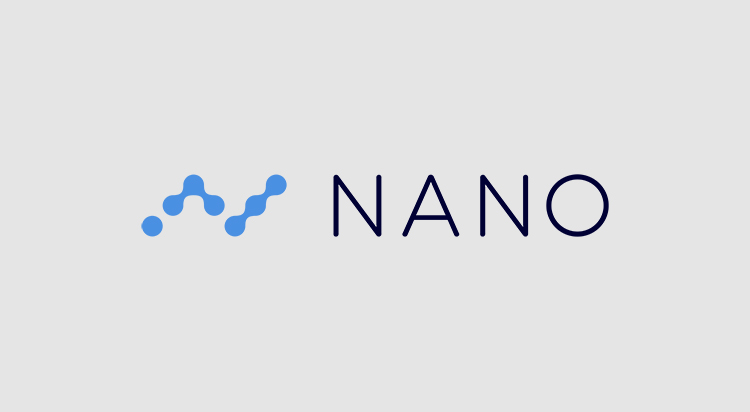Nano, a Block Lattice-based digital payment protocol designed to be accessible and lightweight, announced recently that its V20 Lydia update is now live.
This latest Nano node release brings a new collection of features and improvements. Earlier this month, Nano’s native NANO token also got a lift by getting listed on cryptocurrency exchange Kraken.
There were over 200 issues and pull requests as part of this V20 Lydia release, which means lots of improvements were made. The most significant and remarkable additions are summarized below:
Migration to .toml Config Files
Better legibility, support for comments, and no more having the node write config files are some of the benefits on this update. Any non-default values captured in existing .json files will be migrated and can be exported with a full list of configuration options for use with simple commands.
Proof-of-Work Regeneration Outside Development Wallet
Any requests to the process RPC will have the new “watch_work” option turned on by default, allowing the node to regenerate Proof-of-Work for blocks even if they are outside of the node’s development wallet. This makes Dynamic PoW and prioritization function more consistently across the network.
Experimental Support for RocksDB
With better disk IO usage, RocksDB is being introduced with experimental support. It is not recommended for use in production, but those interested in testing out a more performant database for the ledger should check out how to install RocksDB and try it out on development and test systems.
Active Elections and Other Optimizations
This update includes various optimizations with the active elections process, confirmation request attempts, and bootstrapping behaviors. Significant changes have been implemented to help reduce resource usage on nodes in various areas and increase the available throughput on the network.
Infrastructure for PoW Transition
Back in September, the Nano team announced a new PoW algorithm design aimed to be memory-hard. After open sourcing an implementation of the algorithm, an efficient low-memory solution was found and has subsequently removed the algorithm implementation from V20.
As part of the original implementation work, the Nano team was able to set up the infrastructure for moving PoW out of the node process in the future, and also added support for version 2 of epoch blocks, which will allow the network upgrade later when a new PoW algorithm is ready. These updates will be included in Lydia but not be utilized until a future version.
“Without a doubt, Lydia is helping make the Nano network more capable and more accessible than ever, so we hope you join us in upgrading all the nodes to V20. In addition to the above details, we recommend reviewing the V20 release notes carefully if you are a node operator looking to upgrade.”
– The Nano Team
For more details on the update, view the V20 release notes.
